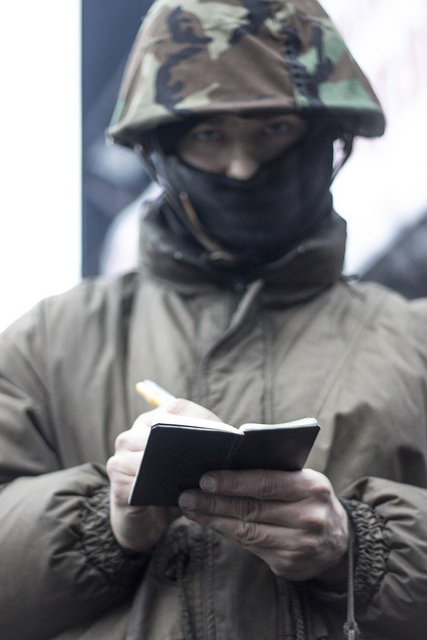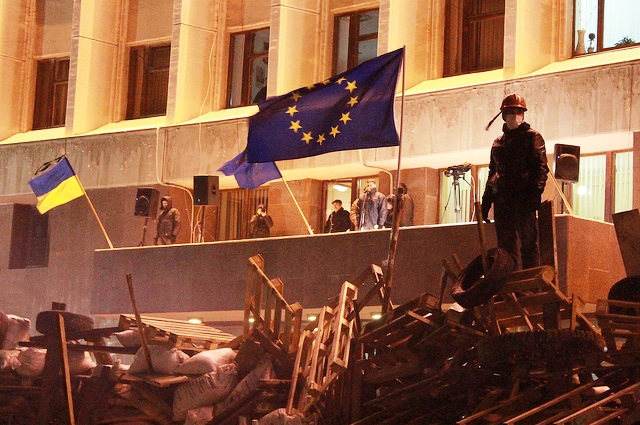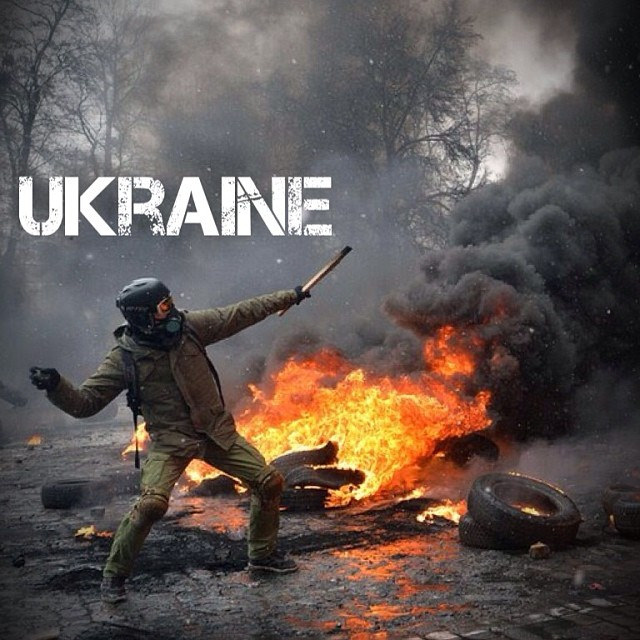Gazprom Pipeline Runs Dry
/Michael Ransom, Contributing EditorLast Modified: 08:05 p.m. DST, 21 June 2014
KIEV, Ukraine -- The violent conflict between Russian separatists and Ukrainian militias is slowing down, if only momentarily, due to a ceasefire declared by Ukrainian president Petro Poroshenko on Wednesday, 18 June. While bloodshed may be decreasing, Russia has initiated a new economic offensive, shutting off the primary gas pipeline running between the two nations.
According to Russian officials, Ukraine has run up an oil bill totaling more than $4 billion, although Poroshenko's administration denies this figure. The issue at hand is not whether Ukraine owes its northeastern neighbor for unpaid gas, but rather the size of the debt. Ukrainians have been vocal about Russian price-gouging, claiming that exports to Ukraine are sent at a steep premium when compared to other countries. Also, according to Poroshenko the value of Russian oil fluctuates at president Vladimir Putin's convenience.
While Russia closed the tab on 16 June, the move will not immediately impact the Ukrainian markets. Like much of Russian diplomacy, shutting off the pipeline is more a show of power than anything else. For now, the gas reservoirs throughout Ukraine are full and will provide energy for months. Even so, winter months are brutal in Ukraine, and officials will need to act fast to secure reliable gasoline preserves for wintertime.
The feud impacts communities outside of Russia and Ukraine. Gazprom, the corporation responsible for the supply termination, is the largest gas company in Russia and one of the largest international suppliers. European Union nations rely largely on the circulation of Gazprom oil through Ukraine, which is then sold and traded further west into EU countries. The uncertain relationship between Russia and Ukraine, especially in light of the ongoing Ukrainian civil war, leaves EU member nations at the mercy of regional stability.
Sensing the gravity of the situation, EU representatives have tried to middleman a compromise between Ukrainian and Russian executives, to no avail. Gazprom will require Ukraine to pay at least half of the debt before any more oil crosses the border. Ukraine has dismissed the offer, citing the longstanding price inflation and demanding that the costs be set at a rate consistent with the international market.
At the end of the day, both Ukraine and Russia have much to gain by cooperation, and more to lose if the regional friction continues to silence synergy. A good portion of Gazprom revenue comes from Ukrainian consumers and the network of markets throughout the EU. And similarly, Ukrainian winters could prove dangerous without the necessary raw materials.
The stalemate is expected to drag on, as both parties are sure of their facts and figures regarding oil transactions. Russia and Ukraine will both plead their case to international mediators in the coming months, but considering the average length of arbitration and settlement agreement, it will likely come down to the combined efforts of Kiev and Moscow to resolve the dispute and steady the market.
Follow Michael on Twitter Twitter: @nahmias_report Contributing Editor: @MAndrewRansom
Related articles
Russia's Gazprom cuts gas supply to Ukraine as talks fail (bnn.ca)
Gazprom says flow of gas to Europe uninterrupted (miamiherald.com)
Gazprom ready to finance supply of gas to European storage facilities (en.itar-tass.com)
Gazprom says flow of gas to Europe uninterrupted (news.yahoo.com)
Russia just cut off Ukraine's natural gas supplies (hotair.com)

































